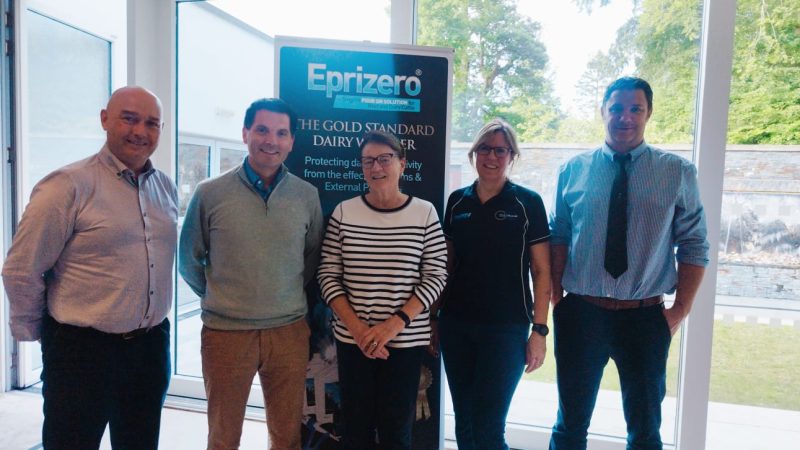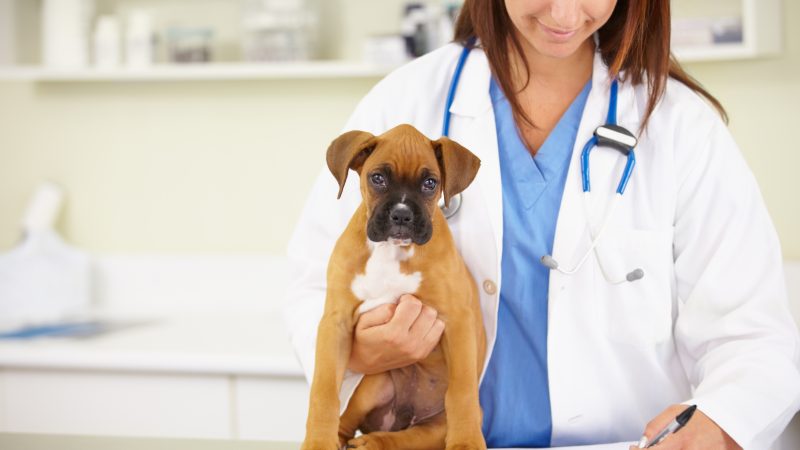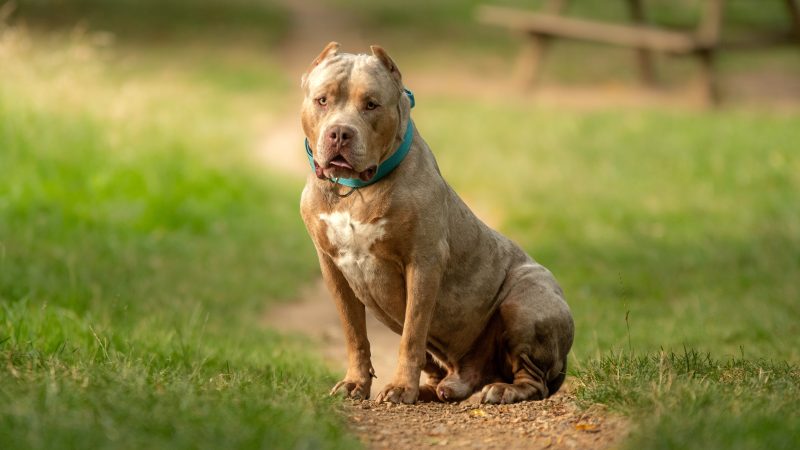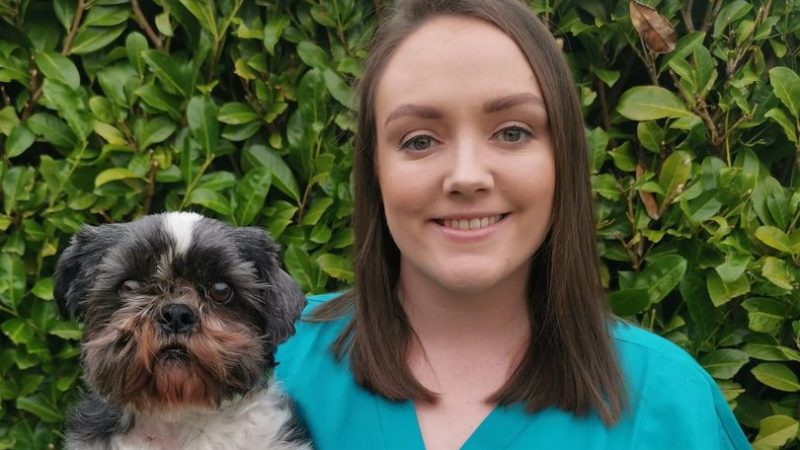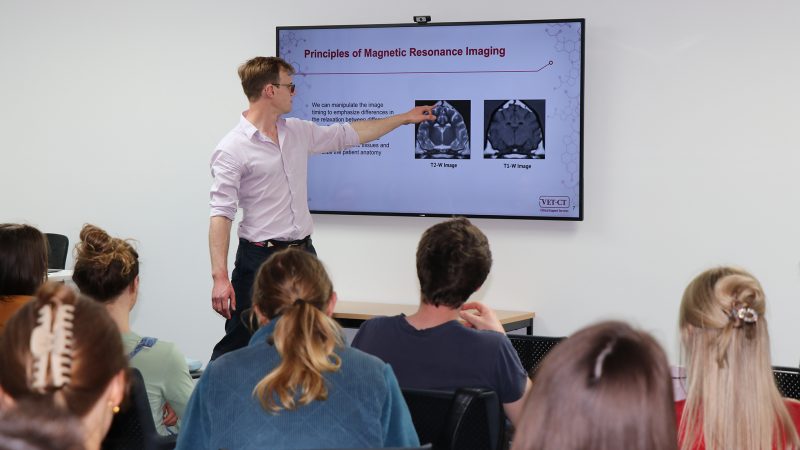BEVA bid to tackle ‘ticking time bomb’ of equine obesity

Owners to get practical advice on ways to manage horse’s weight
One of Britain’s leading veterinary bodies has described equine obesity as a “ticking time bomb” and is ramping up its efforts to tackle the issue.
The British Equine Veterinary Association (BEVA) has now launched a second phase pilot project to help increase engagement on the problem, with veterinary professionals guided on how best to address the issue with animal owners.
BEVA President Lucy Grieve said: “Approaching the conversation about a horse’s weight with an owner can be difficult; sometimes what we say is not what the other person hears but by making small changes in how we word things can have a big impact.”
While equine obesity is not a major issue for those working with elite sports horses, Ms Grieve said that “for those of us working with almost all other members of the UK equine population it is an all too familiar encounter”.
BEVA has been tackling equine obesity for several years now, recognising that veterinary professionals are in a unique and privileged position to support owners.
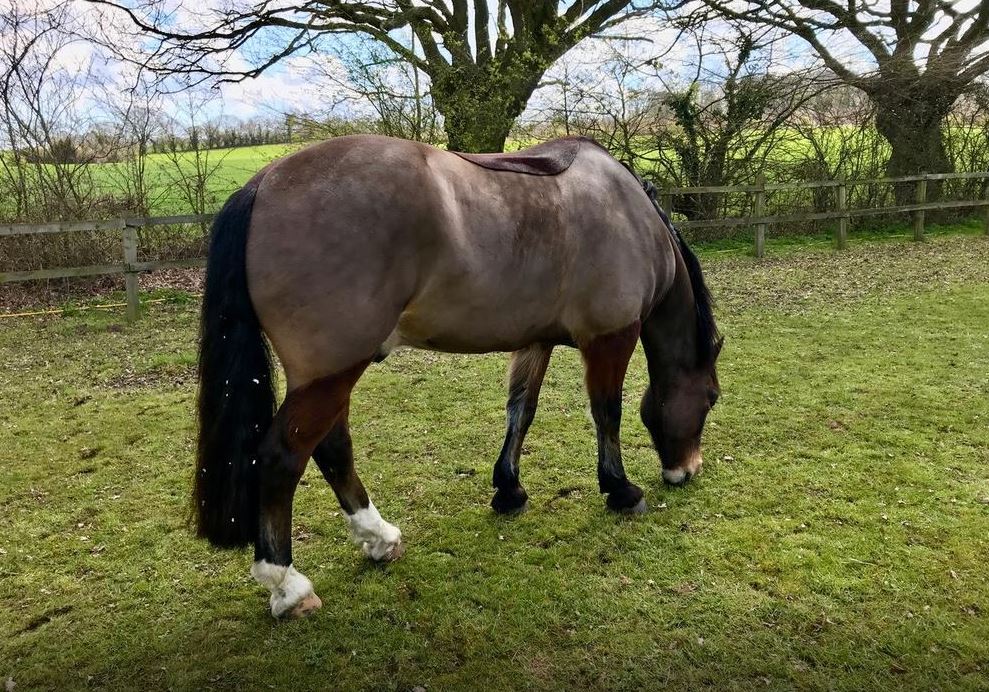
This year it has teamed up with Tamzin Furtado, a social scientist at the University of Liverpool with a background in global health, and a specific interest in how human behaviour change can improve the management of obesity in horses, to provide advice and guidance on having difficult conversations about equine obesity.
Last summer’s pilot scheme using a traffic light colour system of vaccination reminder stickers which vets can place on the front of passports at each vaccination appointment has been simplified for further trials; the updated scheme involves vets issuing a black or white sticker during a vaccination visit, relating to the horse or pony’s current weight. The QR-coded sticker directs owners to a series of five short videos providing practical advice on ways to manage or reduce their horse’s weight by looking at hard feed, exercise, grazing, hay and rugging.
Ms Grieve explained: “Using a less direct method of communication such as this seems to make it more comfortable for owners to recognise and accept that their horse is overweight. This should be the kickstart they need to embark on a supported path of rehabilitating their horse to a healthy body condition.
“Obesity is a ticking time bomb and we all need to work together to avert the crisis. By initiating conversations in the right way, we can help owners recognise and maintain a healthy body condition for their beloved horses and ponies. In so doing we should be able to significantly reduce the many serious obesity-related health problems — surely this is the biggest motivator for all of us to engage with this project.”


